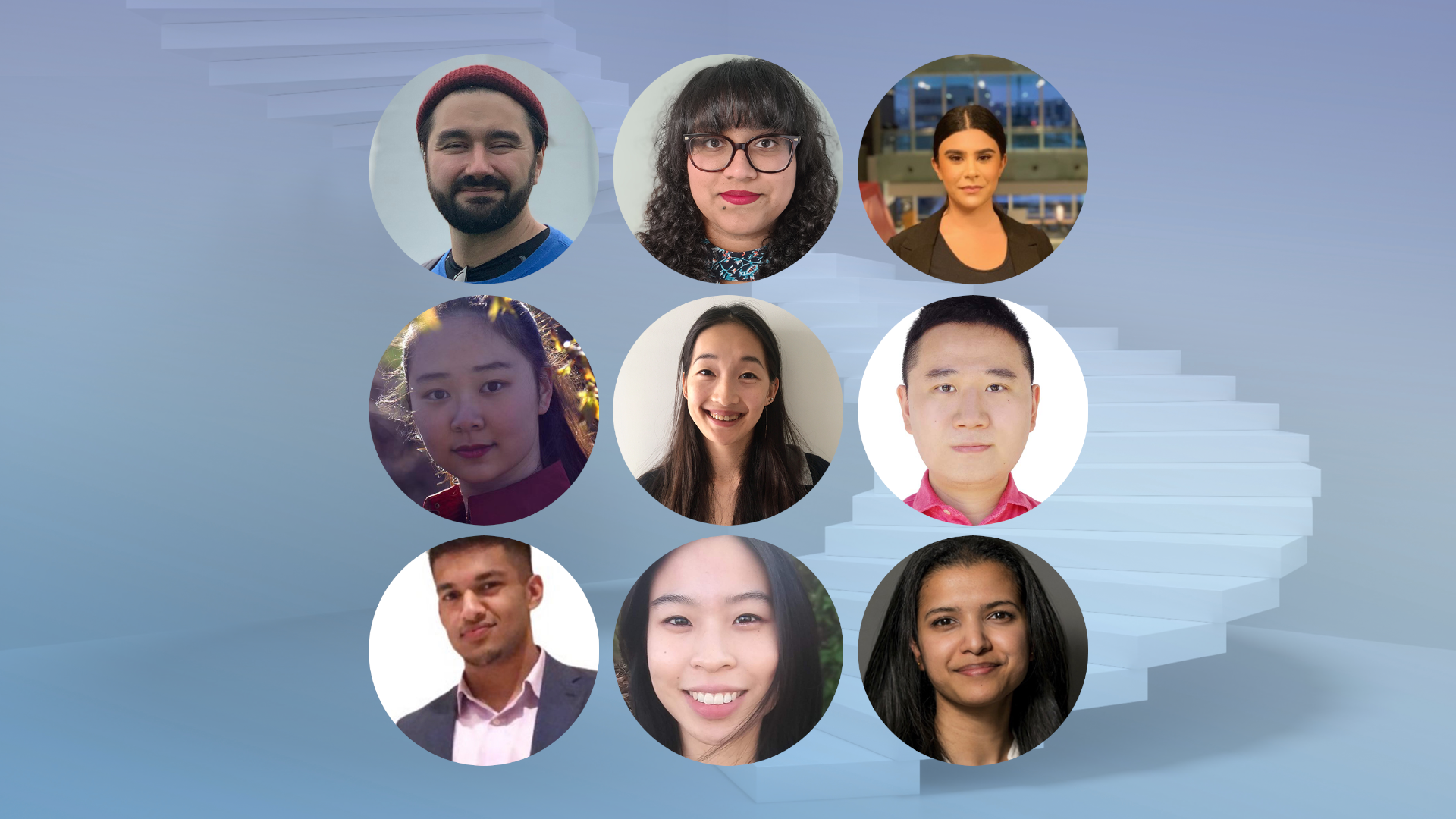
Redrawing data boundaries: From private collection to public good
Can the data collected by private companies be recognized as a public resource to be leveraged for social good? What obstacles stand in the way? In a panel discussion at Absolutely Interdisciplinary 2022, SRI Associate Director Lisa Austin discussed the shape of data today with Eric Horvitz (Microsoft), Aziz Z. Huq (University of Chicago), Robert Seamans (Stern School of Business, NYU), and Pamela Snively (TELUS).
Explanation and justification in partial view AI models
Calls for AI to be “explainable” have been mounting for several years, leading computer scientists to provide accounts of the decisions of complex ML systems. But are such accounts the only kinds of explanations we need? At Absolutely Interdisciplinary 2022, Finale Doshi-Velez and Boris Babic explored the differences between explanation and justification, and how insights from other regulatory domains can help us build trustworthy systems.
Evolutionary biology offers new perspectives on designing AI
In a session at Absolutely Interdisciplinary focused on collective agency in evolution and AI, SRI Research Lead Denis Walsh, Kate Larson, and Richard Watson discussed what insights evolutionary biology and computer science can teach each other about multi-agent systems, collectives, and the paradox of individuality.
AI provides new insights into social learning
In a session at Absolutely Interdisciplinary 2022 on “Natural and Artificial Social Learning,” SRI Associate Director Sheila McIlraith, Faculty Affiliate Jennifer Nagel, and Natasha Jaques of Google Brain explored how social learning can benefit a wide range of agents, including humans and AI systems, and how insights from philosophy and computer science can illuminate each other.
2022 SRI Graduate Workshop explores “Technologies of Trust”
How are advanced technologies shaping beliefs and truths in our daily lives, and what role does trust play in developing new technologies? At the 2022 SRI Graduate Workshop “Technologies of Trust,” a wide range of interdisciplinary scholarship explored these themes in relation to health sciences, philosophy, management, and education.
Absolutely Interdisciplinary 2022 explores new solutions for a changing technological landscape
The Schwartz Reisman Institute’s academic conference hosted eight panels featuring 30 presenters, with sessions offering innovative responses to the challenges of today’s technological landscape, including questions of data privacy, explainable AI, evolutionary approaches to system design, digital rights, and recommender algorithms.
Schwartz Reisman Institute announces new fellowship recipients for 2022
Four new faculty fellowships and fifteen new graduate fellowships have been awarded by the Schwartz Reisman Institute to outstanding researchers from the University of Toronto. SRI fellowships are awarded to support interdisciplinary research that develop new lines of inquiry and innovative solutions to ensure that advanced technologies will benefit society.
The data-production dispositif: How to analyze power in data production for machine learning
What are the labour conditions involved in sourcing the data used by machine learning systems? New research from Milagros Miceli (DAIR Institute) and Julian Posada (Faculty of Information) explores how companies outsource their data annotation work, the implications of precarious labour conditions for data workers, and why respecting workers’ rights will yield better data.
Algorithms and the justification of power
In a recent SRI Seminar, philosopher Seth Lazar of Australian National University explored the implications of the widespread use of algorithms in digital public spaces, and the questions they raise for governance, power, and justification. SRI Graduate Fellow Morgan MacInnes reflects on Lazar’s presentation.
How the evaluative nature of the mind might help in designing moral AI
In a recent SRI Seminar, Julia Haas explored a new conception of the human mind as fundamentally evaluative in nature. According to Haas, a senior research scientist in the Ethics Research Team at DeepMind, this insight could assist in designing expanded forms of artificial intelligence that incorporate moral questions.
Inaugural SRI Faculty Fellows build bridges between disciplines and forge new areas of research
Amidst the challenges of COVID-19, SRI’s inaugural cohort of Faculty Fellows (2020–2021) engaged important questions at the intersection of technology and society through research, output, and connection with the SRI community, developing new approaches towards the study of environmental justice, data privacy, democratic engagement, and learning.
Learning from machines: Karina Vold on what technology can teach us about being human
SRI Faculty Affiliate Karina Vold explores the intersections between philosophy and artificial intelligence, the relationship between humans and their tools, and the social and ethical implications of new technologies like GPT-3. As her research shows, technology has a lot to teach us about what it means to be human, and making sense of new tools sometimes requires—and creates—new concepts and ideas.













